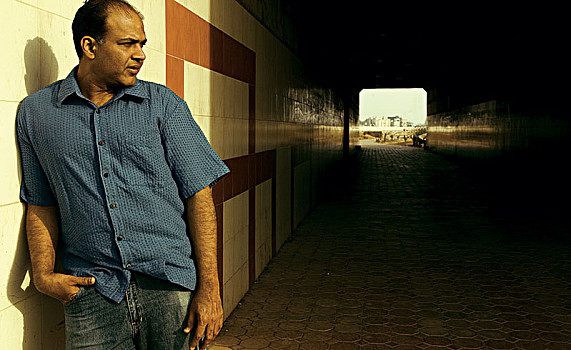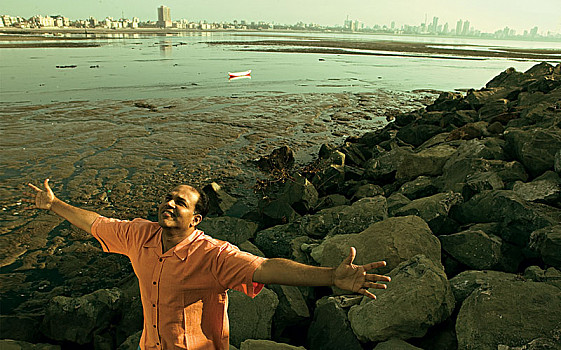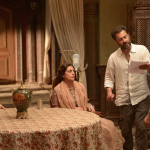Q and A with Ashutosh Gowariker
He’s come a long way since his early modelling assignments for Lifebuoy soap and Close-Up toothpaste. Taking to film direction after almost a decade of facing the camera himself, Ashutosh Gowariker once acted in Hindi and Marathi films, television serials and commercials, the diverse exposure “whetting the appetite to helm a project”. Beginning with directing such forgettable flicks as Pehla Nasha and Baazi in the mid ’90s, he struck solid gold in 2001.
He recently launched his own company, Ashutosh Gowariker Productions, with Swades. The film may not exactly have opened to ringing box-office registers, but it reinforces his image of a diehard iconoclast, continuing to fashion the cinema of his conviction.
There’s such heightened idealism in Swades. Did you settle for the NRI-returns-to-roots focus with the feeling that Indians need a sobering dose of this right now?
I’m already late. This film should have happened in the late ’80s; by the early ’90s at least. But I was not making films then, I was acting! This growing notion of the country going to the dogs is frightening because of the ease with which it’s become dinner party conversation. It’s too casual…this talk bemoaning rural-urban migration, overpopulation…were it earnest discussion, even if despairing, that’s alright. Because where there’s despair, there can also be hope, giving it gravity.
You’re hailed as the filmmaker who’s finally made Shah Rukh Khan “act”, in a way that the sternest reviewers have sat up to take note…
There’s been this comfort level between Shah Rukh and me, right from our TV and film acting career phases together during Circus, Chamatkar and Kabhi Haan Kabhi Naa. With due credit to Shah Rukh, he understood and accepted the way I wanted him to interpret Mohan Bhargava’s role. He could have easily have said, “Ash, let’s not begin experimenting with what I’ve done well enough for 15 years.”
What I wondered was how viewers would accept Shah Rukh in a realistic role so unlike his usual romantic musical hero tag. Years ago, when Amitabh Bachchan made a movie like Alaap, with a Hindustani classical music background, for the life of me I couldn’t bring myself to see it, simply unprepared to reconcile Bachchan’s angry young man action antics from the Zanjeer and Don days into a totally new context.
What about the criticism that Swades could do with editing, that it drags and overdoes the sermonising through long stretches…
To an extent, I accept it’s preachy in parts. I’ve deliberately kept to adopting a slightly naïve approach in the film. Otherwise, going any beyond, I should be writing a book on the subject. I disagree about cutting the overall length. There’s a quiet rhythm to village life as it slowly unfolds. To create dramatic thrust highlighting sections of the story, I’ve consciously stayed away from a pace we’re used to, the impatient “Okay, get on with it” kind. It doesn’t work like that in real life there.
Related posts from Verve:
Verve Trending
Sorry. No data so far.
us on Facebook to stay updated with the latest trends







